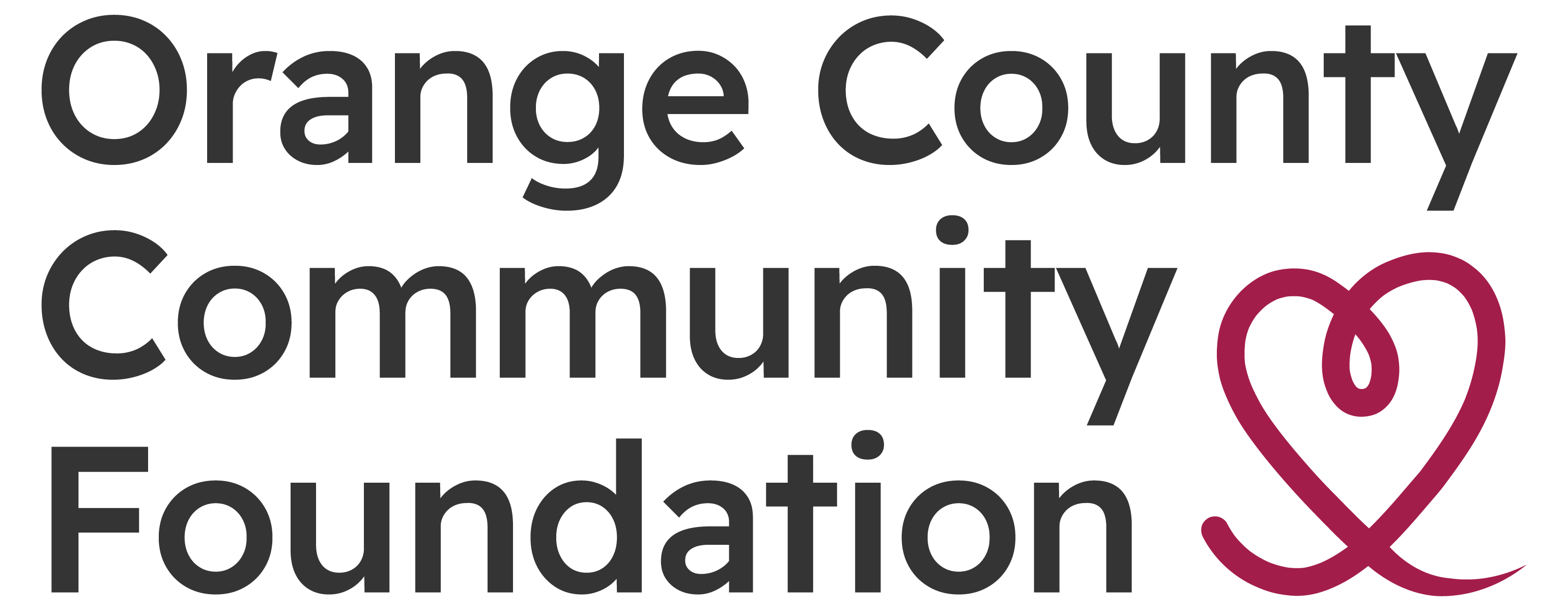“Effective philanthropy requires a lot of time and creativity – the same kind of focus and skills that building a business requires.” —Bill Gates
For many successful business owners, their company is a key part of their identity. It represents their wealth, reflects their character, and embodies their influence. So, when the time comes to sell the business, they plan the transition carefully. They want to maximize their financial gain while preserving their legacy. Using philanthropy strategically in business transition planning can achieve both of those objectives.
Do Good While Reducing Your Tax Burden
A business sale can be the most significant lifetime wealth event for an entrepreneur. A well-planned sale can secure a family’s future, so savvy decision-making on issues like investment management, charitable giving, and legacy planning is crucial to maximizing its financial benefits.
One of the most consequential – and underestimated – factors in planning for a business exit is the owner’s exposure to capital gains tax liability. Donating privately held business interests prior to a sale can help offset capital gains tax liability by providing a charitable tax deduction that reduces both capital gains and income taxes related to the sale of your business while yielding charitable capital for the causes closest to your heart.
OCCF accepts a wide range of appreciated business assets including privately held C-Corp and S-Corp stock, LLC & Limited Partnership interests, and pre-IPO shares.
How to Make a Donation of Privately Held Interest
OCCF helps business owners consider when and how to incorporate charitable giving into their business succession planning. In partnership with your circle of advisors – lawyers, financial advisors and accountants – we can help assess your options, timing and impact. Once sold and converted to a charitable fund, we become your strategic partner in charitable giving.
Key steps include:
- Donor provides select financial and organization documents.
- OCCF performs due diligence review.
- Donor and OCCF complete contribution and assignment of interest agreement.
- Establish a donor-advised fund.
- Business is sold with both donor and OCCF participating in the sale.
- Transfer funds post-sale.
- Donor obtains appraisal on shares donated.
Tips for a Smooth Transfer of Interests
We are here to help you consider several critical factors as you embark on the process.
- Timing – Start the process in advance of the sale to avoid any IRS concerns. It’s crucial that the terms of the sale are still in the negotiation phase or could qualify as a prearranged sale and, therefore, subject to capital gains tax.
- Documentation and Formalities – Make sure all transfers are properly documented. This often includes amending operating agreements or bylaws and ensuring the charitable organization becomes a recorded owner of the interest.
- Valuation and Appraisal – The IRS requires a qualified appraisal for such gifts if the value exceeds certain thresholds. Ensuring you have a reputable and experienced appraiser will be critical. The appraisal cannot be dated more than 60 days prior to the gift and must be completed by the due date (including extensions) of the tax return on which you first claim a deduction for the interest.
- Restrictions on Charitable Deductions – The IRS imposes limits on the amount of charitable deductions an individual can claim in a single year. Deductions for donations to public charities of appreciated long-term capital gain property are typically limited to 30% of the donor’s adjusted gross income (AGI).
- Unrelated Business Taxable Income (UBTI) – Illiquid gifts may result in unrelated business tax income tax expense while it is held by OCCF.
Tap into our Expertise
Don’t let the complexities of selling your business deter you from strategically planning for your financial and philanthropic life post-exit. Partner with OCCF to learn more about strategies for maximizing your financial gain and making a philanthropic impact.
“If you’re in the luckiest 1% of humanity, you owe it to the rest of humanity to think about the other 99%.”- Warren Buffet
Contact Margita Blattner, Senior Director of Philanthropic Strategy to learn more.





